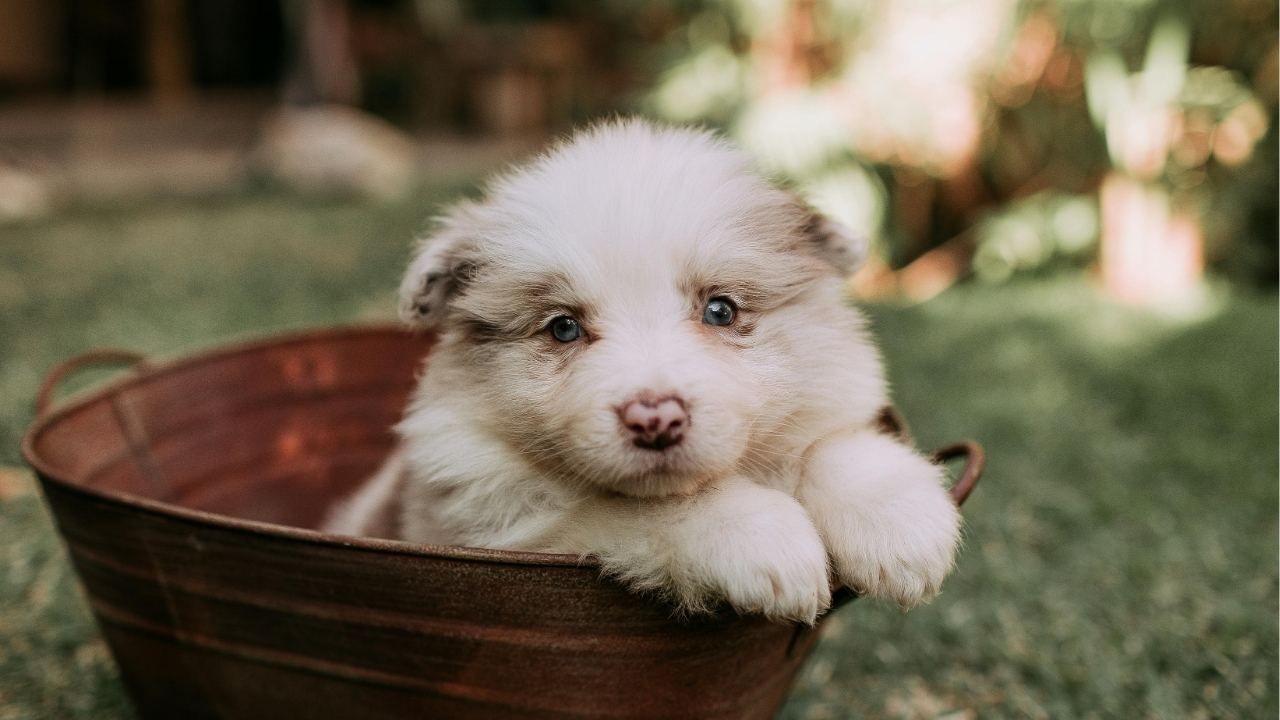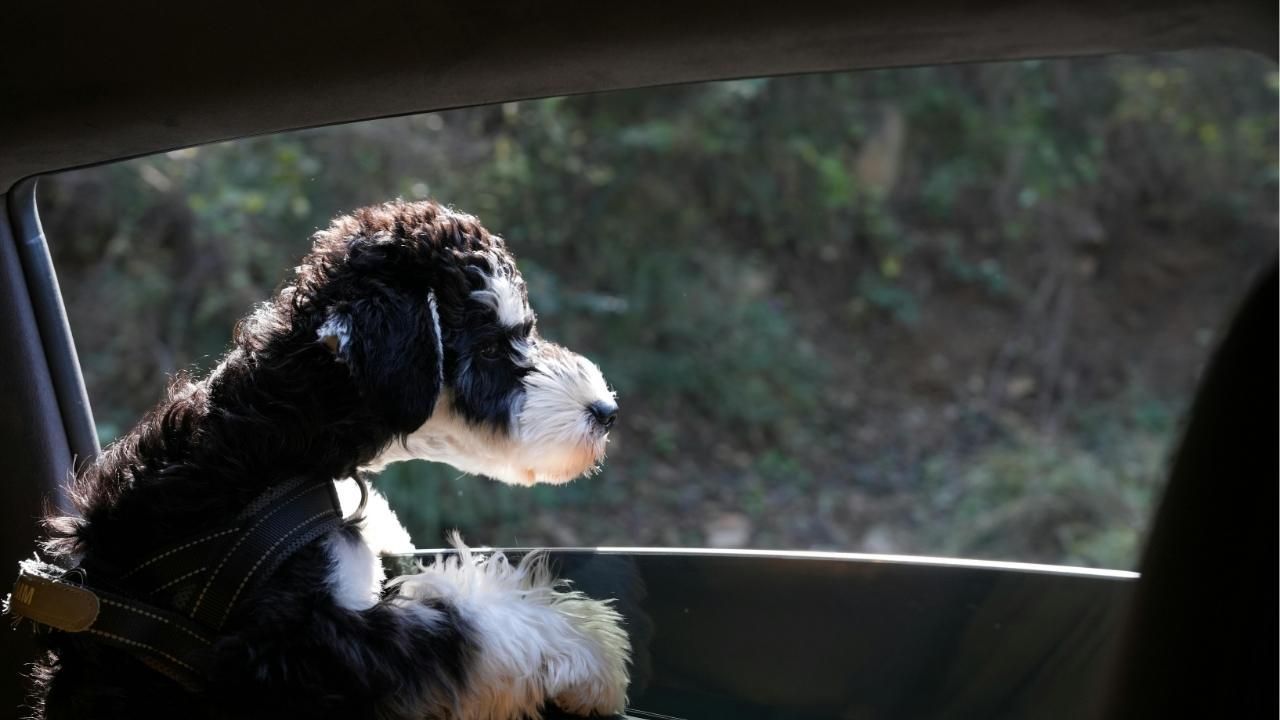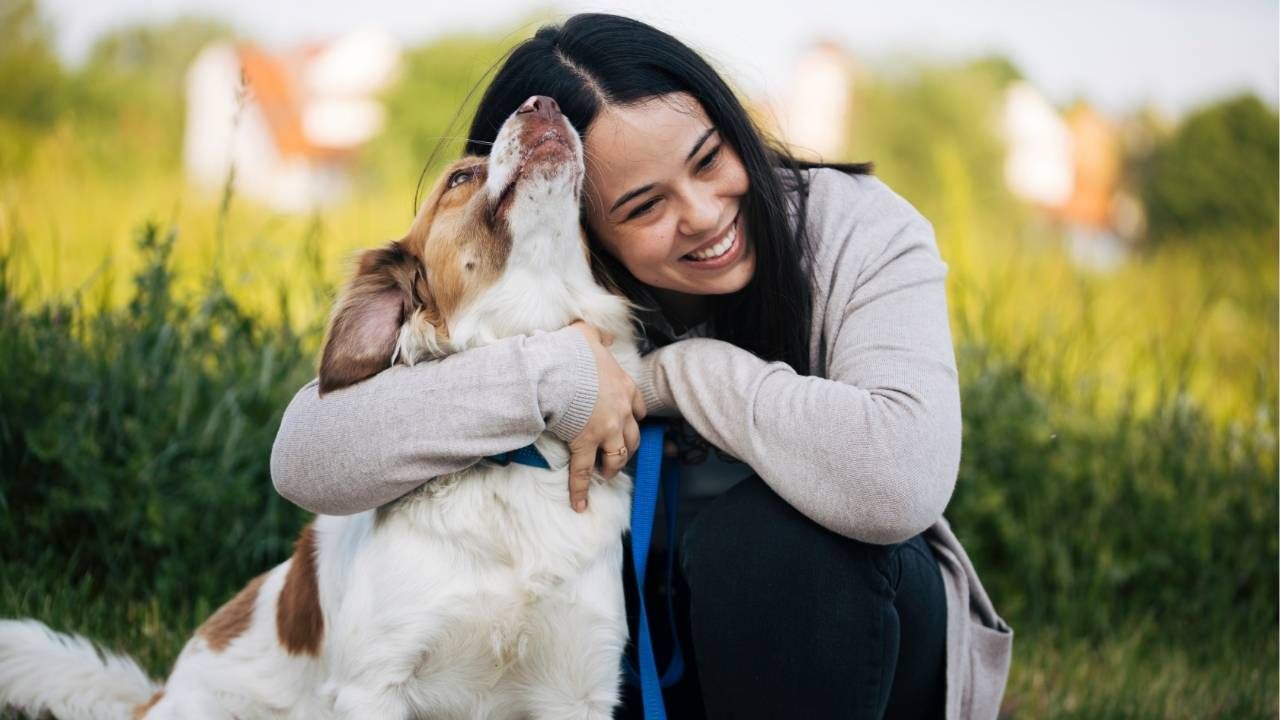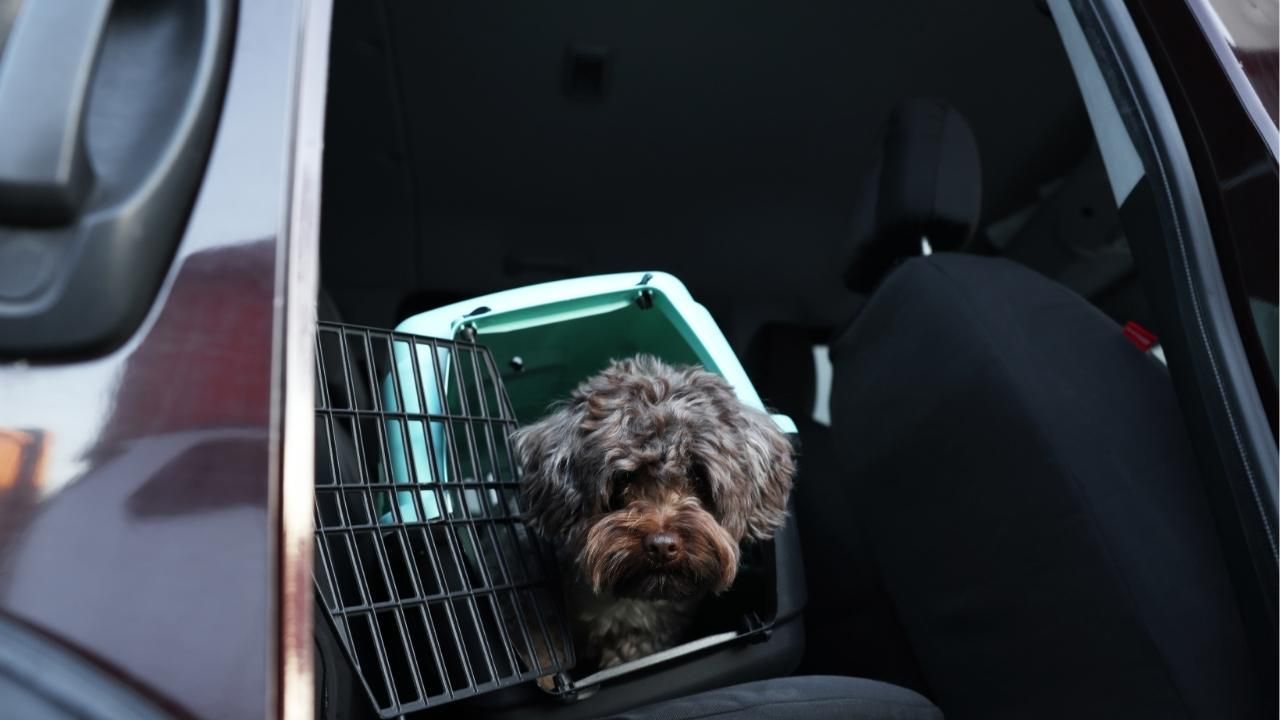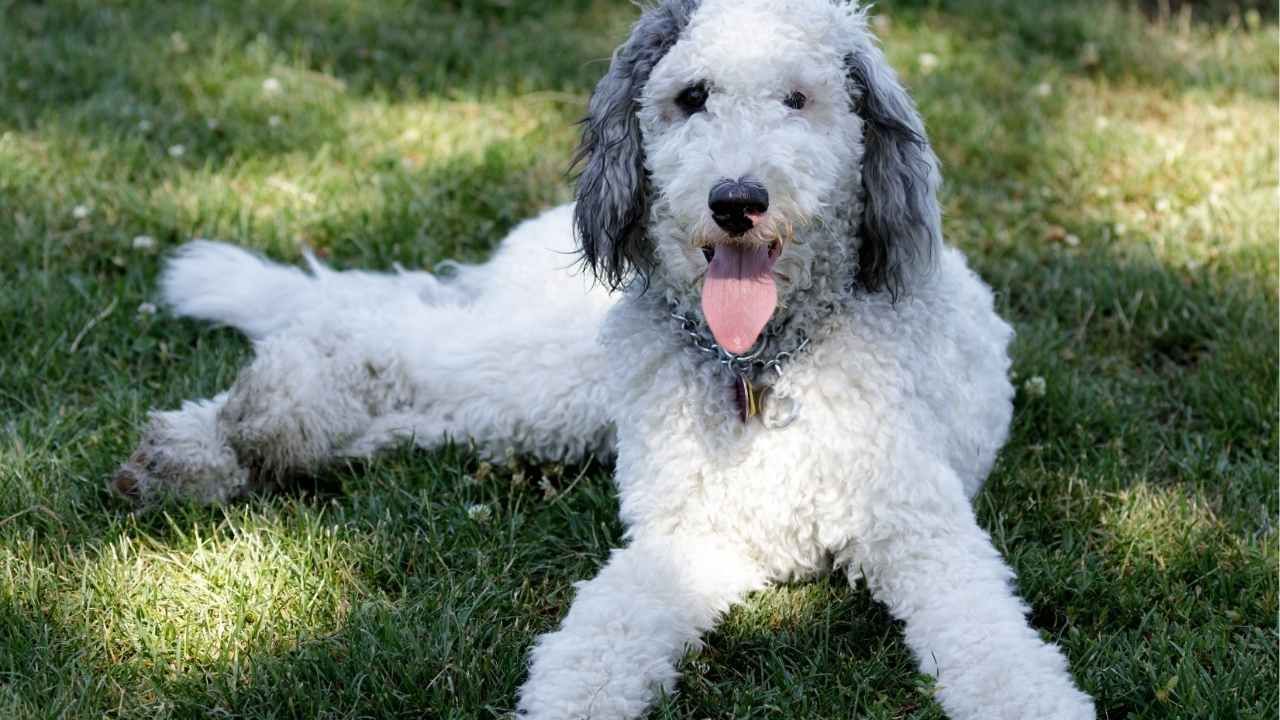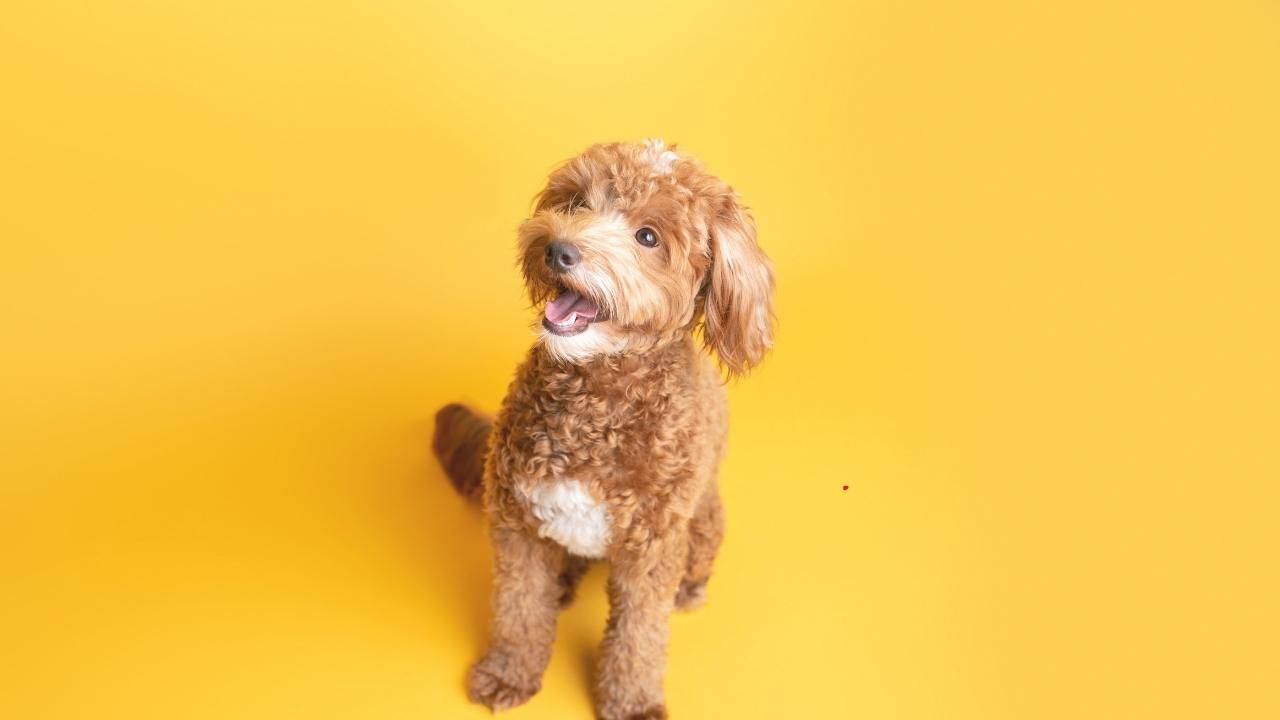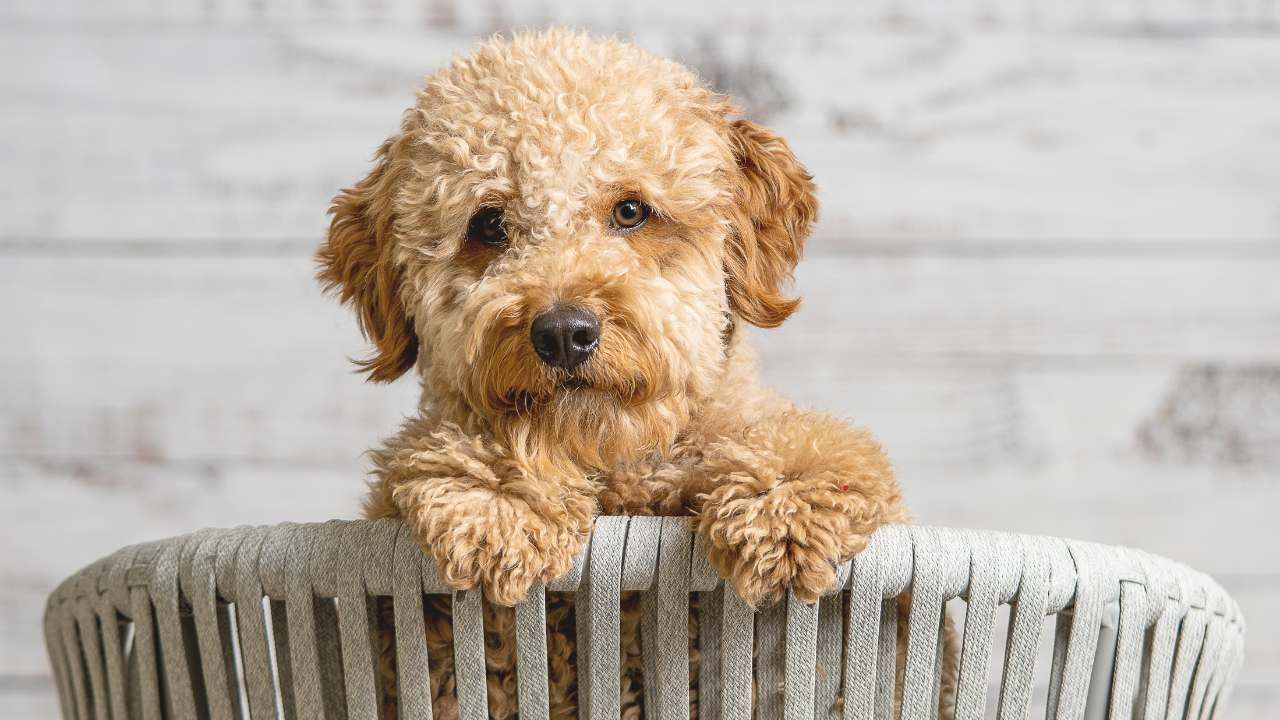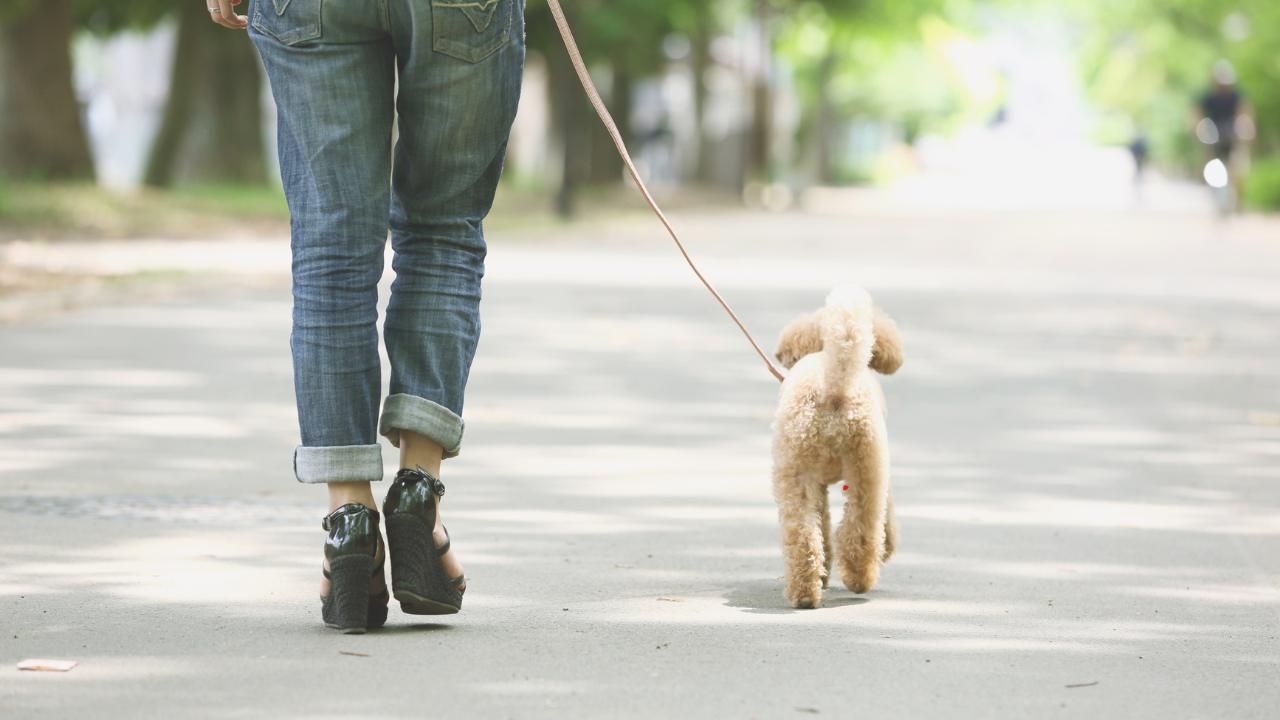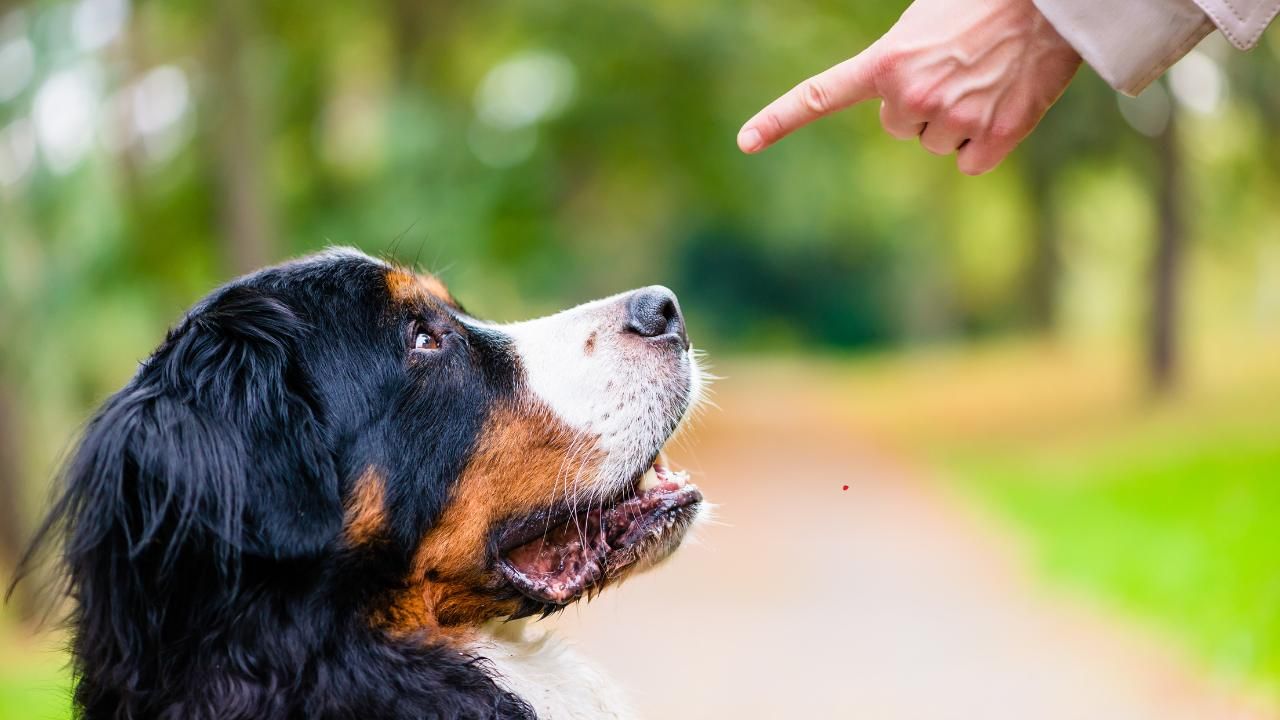The Pros and Cons of Owning a Large Dog Breed

If you’ve ever browsed listings for Golden doodles for sale in Arizona, you might already be dreaming about bringing home a big, lovable companion. Large dog breeds can be the ultimate cuddle buddies, hiking partners, and even home protectors—but owning one isn’t all tail wags and belly rubs. Before committing, it's important to weigh both the joys and the challenges that come with a big furry friend.
In this post, we’ll cover what to expect when owning a large dog breed—from personality perks to practical responsibilities—so you can decide if a big pup is right for your home and lifestyle.
Big Personality, Big Love
Large dog breeds are famous for their affectionate and loyal nature. Whether it’s a Labrador, Great Dane, or Bernese Mountain Dog, these gentle giants often thrive on human connection and enjoy being part of the family.
Why people love them:
- Loyalty: Larger dogs tend to bond deeply with their humans.
- Good with kids: Many large breeds are calm, patient, and protective, making them great family dogs.
- Confident and easygoing: They often have more mellow temperaments than smaller, high-energy breeds.
Case Study:
When the Ramirez family in Scottsdale adopted a standard Goldendoodle from
Doodling Pups, LLC, they weren’t expecting her to become the unofficial nanny of their three kids. “She’s huge,” said Maria Ramirez, “but she’s gentle as can be. She follows the kids around like a furry shadow and sleeps outside their rooms at night.”
Space and Exercise Needs
Here’s where the “large” part of large dog breed really kicks in. These dogs need room to move, both indoors and out. Small apartments or sedentary lifestyles can make life harder—for both the dog and the owner.
Things to consider:
- Daily exercise: Most large breeds require at least 30–60 minutes of physical activity per day.
- Room to stretch out: A cramped space can lead to boredom and unwanted behaviors.
- Strong leash control: They’re powerful! You’ll need to be confident in your walking and training skills.
If you’re someone who loves morning jogs or has a spacious backyard, this might not be a downside at all. But it’s definitely a lifestyle factor worth thinking about.
Feeding and Healthcare Costs
Big dogs come with bigger expenses. From food to flea treatments, everything scales up.
Budgeting for a large dog includes:
- Food: Large breeds eat a lot more—sometimes double or triple what smaller breeds consume.
- Vet care: Medication doses, preventative treatments, and surgeries often cost more due to the dog's size.
- Grooming and supplies: Expect to spend more on things like large crates, collars, and even poop bags.
While some breeders provide comprehensive information and vet checks on their current litters, ongoing care will still be a major financial consideration.
Lifespan and Health Considerations
One drawback that’s tough for any dog lover to accept is that larger breeds typically have shorter lifespans than smaller dogs. While there are exceptions, many large breeds live 8–12 years, compared to the 12–16 years of smaller dogs.
They’re also prone to breed-specific issues like:
- Hip and elbow dysplasia
- Bloat (gastric torsion)
- Heart conditions
Proactive health care and proper nutrition can help, but it’s important to be emotionally and financially prepared.
Final Thoughts
Owning a large dog breed is a rewarding experience—but it’s not for everyone. They offer unmatched companionship and presence, but they also come with higher maintenance and responsibility. If you’ve got the time, space, and heart for a big dog, they’ll likely repay you with a lifetime of loyalty and love.
Ready to meet your future gentle giant? Get in touch with a trusted dog breeder in Arizona like Doodling Pups, LLC, and explore their current litters to find the right fit for your family.

